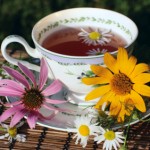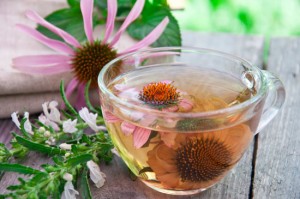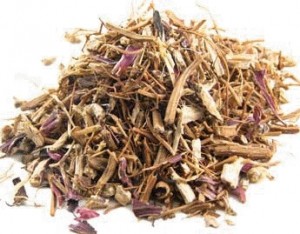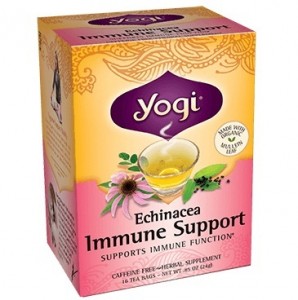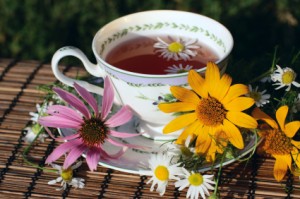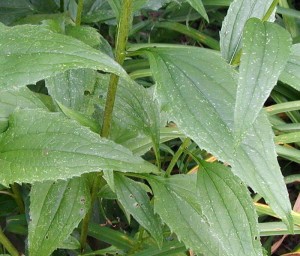Echinacea Tea
What is echinacea tea?
Echinacea tea, a nourishing herbal infusion, is prepared from the dried roots, flowers, leaves, and extracts of different species of echinacea plant, found in the central North and Eastern America. The tea has a faint greenish-yellow or brownish-yellow color and sharp, fresh aroma with a soft, balanced taste.
History and origin
Due to its medicinal qualities, the tea was popular with the North American tribal Indians. During the 19th-20th century, it was commonly used as an antimicrobial herb in eclectic medicine for anthrax, snakebite, as well as relief of pain. Various Native American tribes used it for headaches, sore throats, and coughs.
Echinacea tea benefits: what is it good for
Inflammatory skin conditions
Its anti-inflammatory properties help in fighting skin conditions like eczema and psoriasis. When consumed thrice daily, it improves the body’s resistance to skin infections such as genital herpes, cold sores, candida, and urinary tract infections.
Common cold and flu
Although clinical studies have provided mixed results, its consumption can reduce the symptoms of cold and flu in adults as well as in children. The risks of catching a cold also decrease significantly in people taking the tea regularly.
Cancer
Since it can stimulate the immune system cells of the body (known as macrophages), it helps in preventing the spread of cancer cells, as well as other invading organisms. Its anticancer activity makes it a potential herbal substitute for chemotherapy.
Sore throat
Scientific studies have shown that echinacea is rich in medicinal constituents like flavonoids, polysaccharides, and oils. A cup of warm echinacea tea taken 2-3 times daily helps in reducing symptoms of sore throat as well as prevents recurrence of tonsillitis.
Weight loss
Although not backed by scientific evidence, it is believed that consumption of this herbal tea greatly helps in losing weight.
Sinus infection
Due to strong immune boosting and antibacterial properties, it helps in relieving the symptoms of sinus infection. Its use alongside OTC decongestants and pain relievers is often recommended by doctors for the improvement of the condition.
For lymphatic system
It aids in removing harmful substances from the body and purification of blood, thereby stimulating the lymphatic system.
Other benefits
Acne
Topical application of this caffeine-free herbal decoction in the form of a poultice on the affected areas keeps skin problems like acne away.
How to make echinacea tea?
- Place a teaspoonful of dried extracts of echinacea in a container
- Pour 2-3 cups of boiling water over the herb
- You may add a teaspoon of grated ginger to the mixture to improve its flavor
- Allow the mixture to steep for around 10-15 minutes
- Add a teaspoonful of honey and fresh lemon juice (optional)
- Strain the mixture into cups
Safety and precaution
A short-term intake of echinacea tea is possibly safe for adults and children. However, people sensitive to echinacea and herbs belonging to the Compositae or Asteraceae family (ragweed, daisies, marigolds, and chrysanthemums) should avoid its intake.
Side effects
When consumed for long periods, i.e. for more than eight weeks, some side effects like nausea, vomiting, fever, diarrhea, stomach pain, headache, insomnia, dizziness, and muscle aches are observed. Avoid taking this drink if you are suffering from an autoimmune disorder like rheumatoid arthritis, lupus, and multiple sclerosis.
Consumption during pregnancy
Although tea with echinacea extracts is commonly consumed by pregnant and nursing women, it should be used cautiously, preferably after consulting a medical practitioner.
Where to buy echinacea tea
You can buy organic echinacea tea in the form of leaf/root/flower extracts, capsules, and tea bags either from local tea stores or on the internet.
References
- http://supplementsos.com/herbal-tea/echinacea-tea/
- https://www.cancer.org/treatment/treatments-and-side-effects/treatment-types/complementary-and-integrative-medicine.html
- http://www.webmd.com/vitamins-supplements/ingredientmono-981-echinacea.aspx?activeingredientid=981&activeingredientname=echinacea
- https://senchateabar.com/blogs/blog/echinacea-tea
Article was last reviewed on 5th December 2022
Related Articles
Leave a Reply
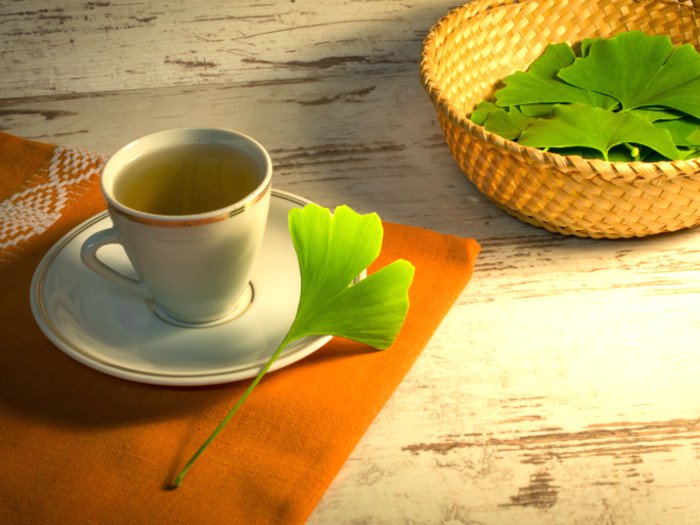
Ginkgo Biloba Tea
The Ginkgo Biloba tea is an herbal infusion obtained from the extract of the dried leaves
Read more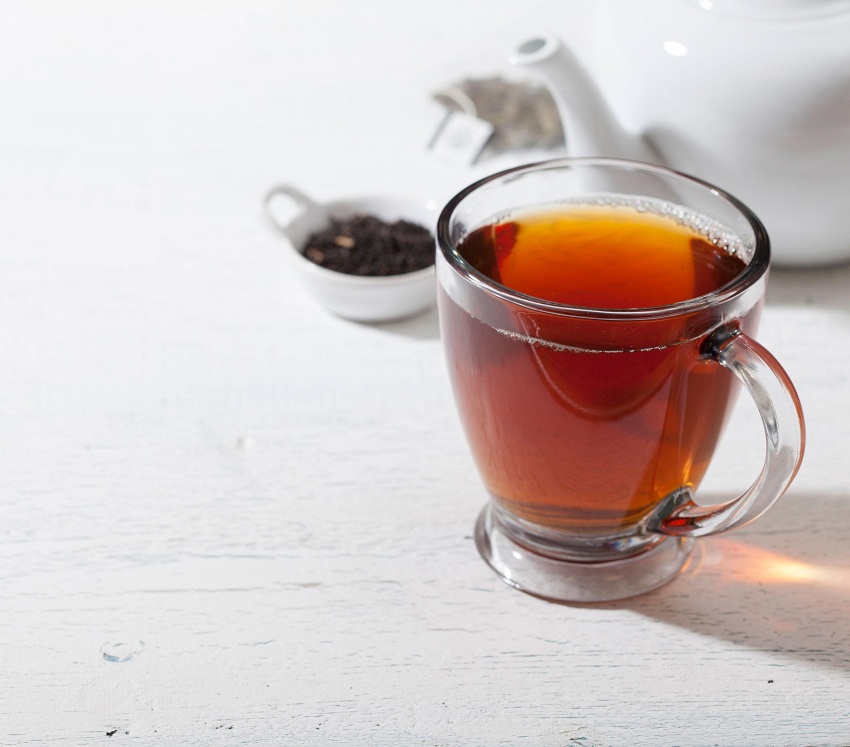
Black Tea
Black tea, belonging to the same group as the green, white and oolong teas is the most oxi
Read more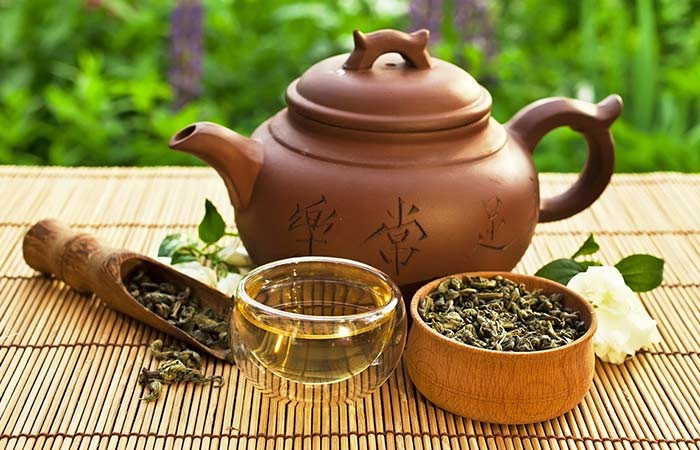
Oolong Tea
What is oolong tea Oolong, a traditional beverage of China, is prepared from the buds, st
Read more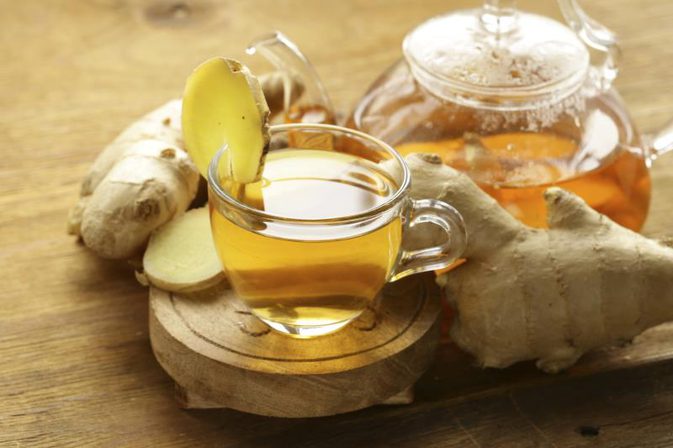
Ginger Tea
Ginger tea, prepared from the roots of ginger, is a popular herbal beverage of Asia. Becau
Read more
